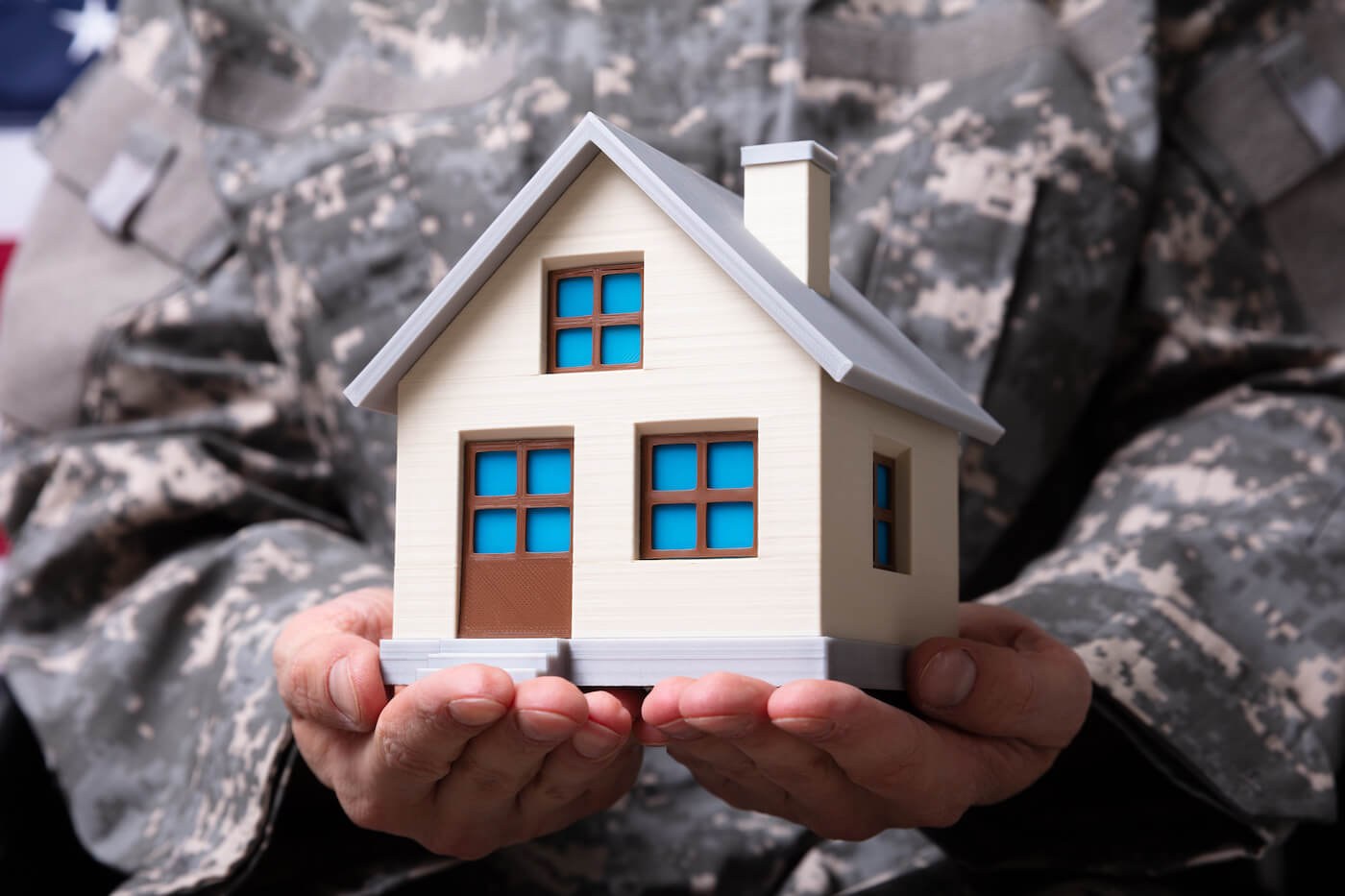December 14, 2024
Why Stable Housing Is So Important for Veterans During Transition

For veterans returning to civilian life, the transition can be a challenging process filled with uncertainties. Stable housing is not just a physical necessity—it is a cornerstone for emotional well-being, economic stability, and successful reintegration into society. Here's why it is so crucial:
1. Emotional and Mental Stability
The stress of military service, coupled with challenges like PTSD or depression, can make reintegration difficult. A stable home provides a safe environment where veterans can focus on healing, building relationships, and processing their experiences without the fear of losing a place to sleep.
2. Economic Security
Housing stability allows veterans to focus on securing employment and attending training or educational programs. Without a permanent address, veterans may find it harder to apply for jobs, access benefits, or secure loans.
3. Access to Healthcare and Resources
Veterans with stable housing are better positioned to access healthcare services, including mental health counseling and treatment for service-related injuries. Stable housing also facilitates access to local support networks and resources aimed at easing the transition.
4. Prevention of Homelessness
Veterans are at a higher risk of homelessness than the general population. Factors like unemployment, health challenges, and lack of support networks exacerbate this risk. Stable housing can be a protective factor that prevents veterans from falling into homelessness.
5. Strengthening Families and Relationships
Returning to civilian life often means rebuilding family ties and friendships that may have been strained during deployment. A stable living environment fosters this process, allowing veterans to reconnect with their loved ones in a safe, nurturing space.
How Organizations Can Help
Organizations like Foxtrot Oscar Victor (FOV) work tirelessly to address housing challenges for veterans. By advocating for affordable housing, offering temporary lodging solutions, and connecting veterans with supportive services, FOV ensures that housing becomes a stepping stone, not a stumbling block.
Stable housing is not just a necessity—it’s a lifeline that can make the difference between surviving and thriving during a veteran’s transition to civilian life. Supporting initiatives and policies that prioritize housing for veterans is a critical way to honor their service and sacrifices.